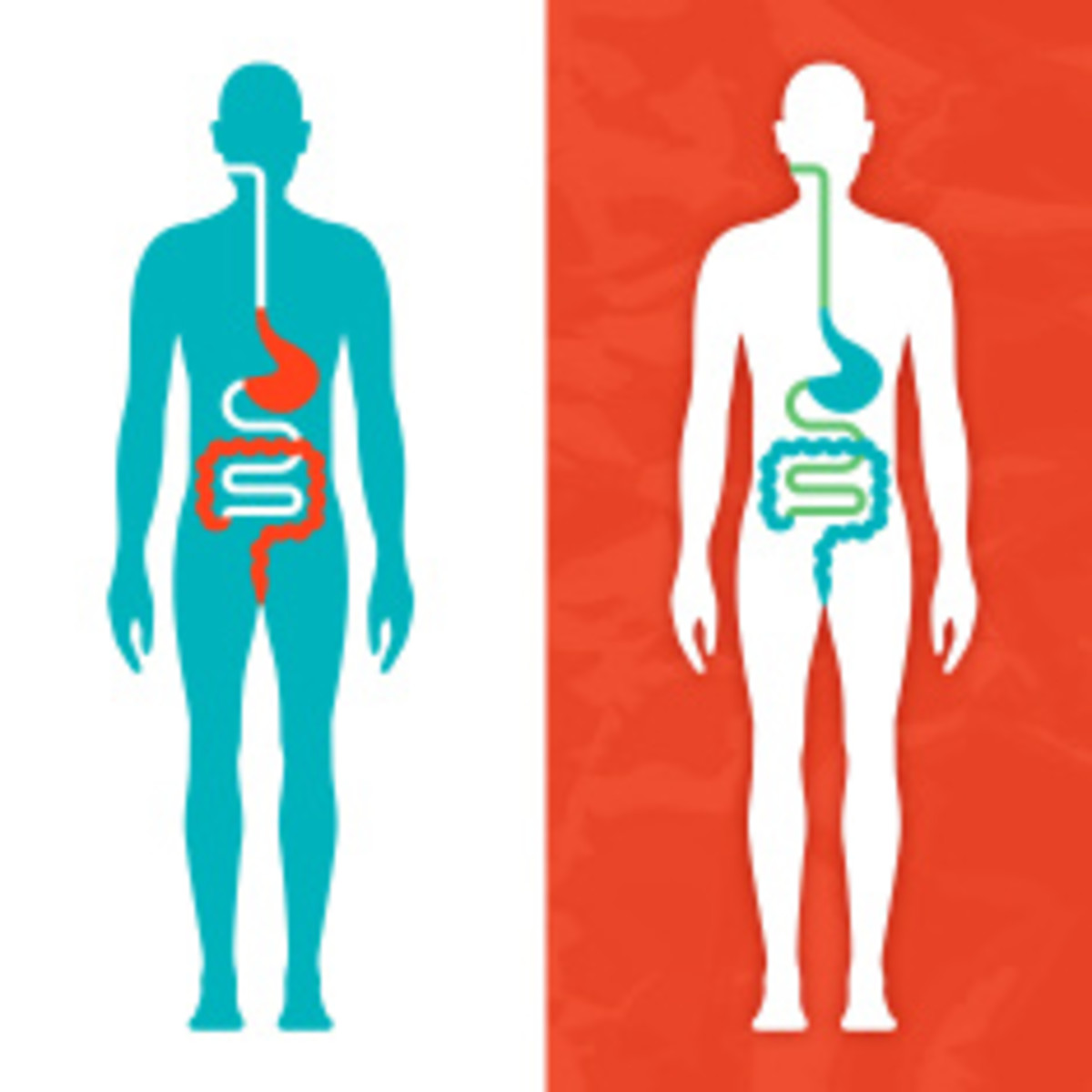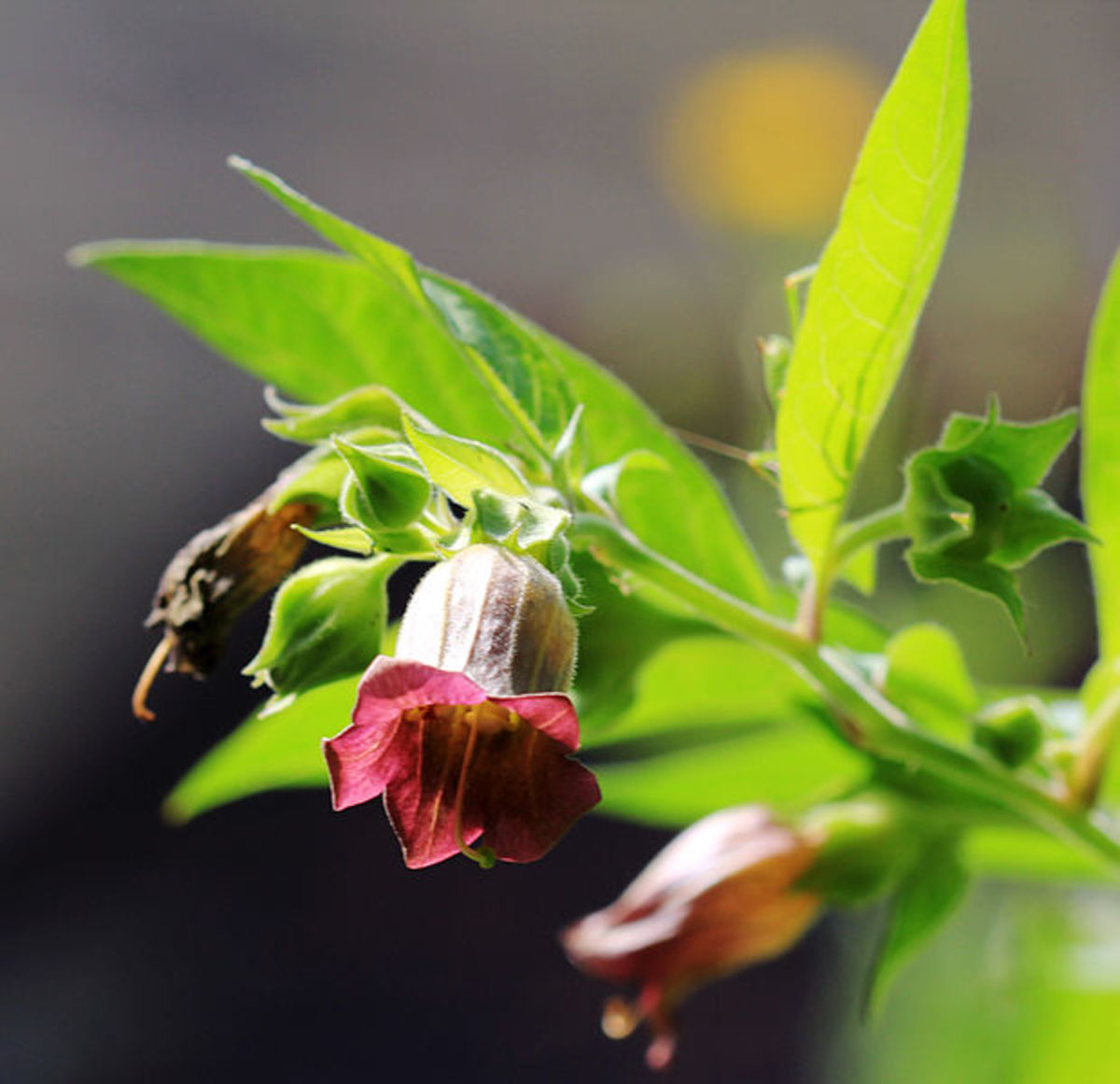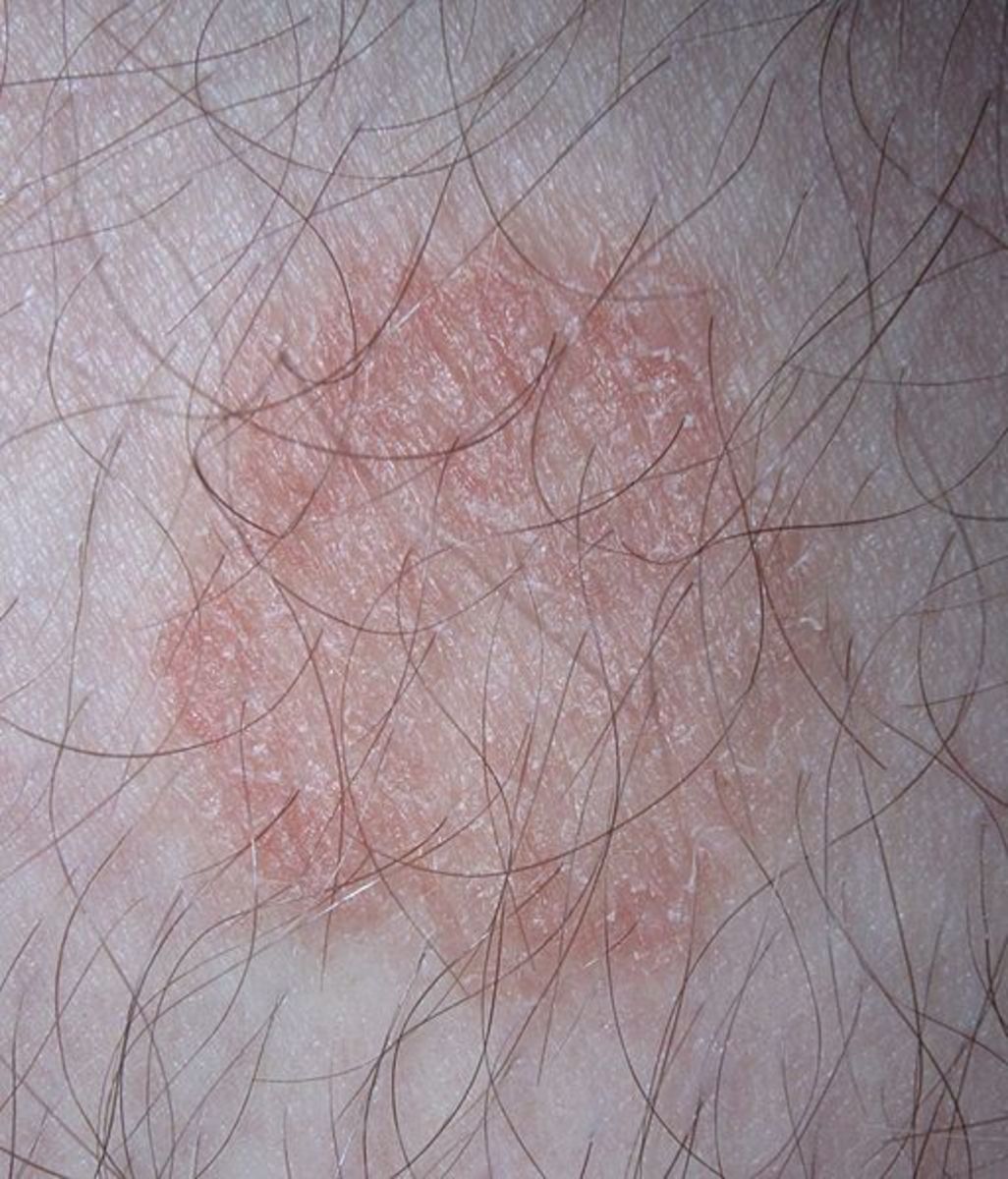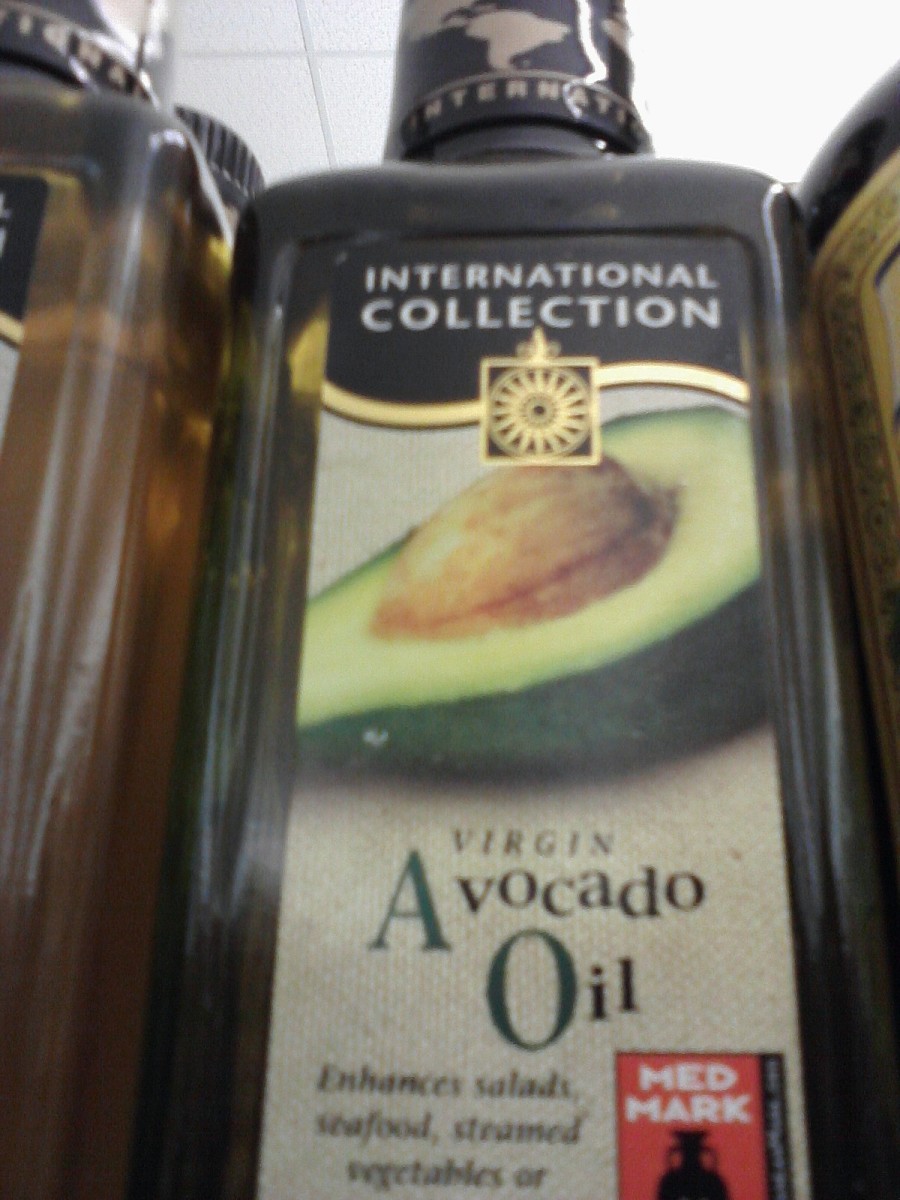The Beginners Guide to Herbal and Natural Treatments
Man has been using herbs for medicinal purposes since ancient times. Egyptians and Sumerians living around 2500 BC recorded over 800 different plants that were commonly prescribed as medical treatments, and China and India of the same age were simultaneously developing their herbal remedies through observation and (sometimes dangerous) application. Herbal and natural remedies continued to develop and expand as explorers discovered new trade routes and transported seeds, plants, and spices around the world for hundreds of years. In recent times, there is renewed interest in herbal medicine and natural health as an alternative to the rise of modern medicine and pharmaceutical practices that target specific symptoms with synthetic drugs. The explosion of information on the Internet regarding alternative health treatments including herbal plants and their uses is mind-boggling, and more importantly, some of it may be incomplete at best and downright incorrect and dangerous at worst.
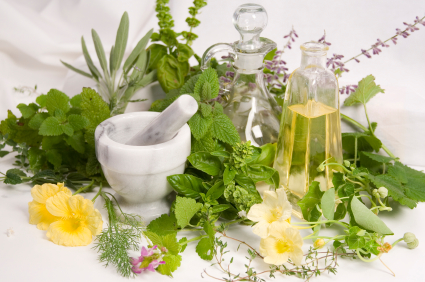
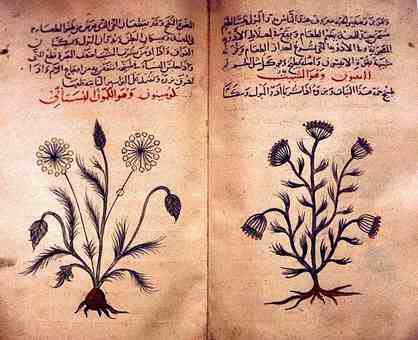
Bookmark or Print Out This Page!
For those who are interested in learning about home remedies, herbal remedies, and natural health, the first step is to learn some basic definitions of herbal treatments and how they are prepared and used. Here is a quick primer on the basic terminology found in homeopathic treatments and natural health treatments, and remember, "a little knowledge is a dangerous thing."
TREATMENT
| PART OF PLANT USED
| METHOD
| QUANTITIES
| NOTES
|
|---|---|---|---|---|
Infusions
| leaves and flowers
| Herb sits in near-boiling water for 5 - 10 minutes.
| 3 ounces of fresh herb or 1 1/4 ounces dried her to 17 fl ounces water.
| Infusions must be taken within 24 hours of preparation.
|
Decoctions
| bark and roots
| Herb is simmered for 15 minutes or more then strained.
| 2 1/2 ounces of fresh herb or 1 1/4 ounces of dried herb tro 17 fl ounces of water.
| Decoctions must be taken within 24 of preparation.
|
Macerations
| for herbs that will lose some medicinal or therapeutic properties if heated.
| Herb is steeped in room-temperature water for 12 hours, then strained or pressed.
| Ratio is 1 part herb to 5 parts waterr.
| |
Tinctures
| prepared as macerations but with an alcohol/water mixture to preserve and extract the remedial component.
| Herb is steeped in ethyl alcohol/water mix
| Ratio is 1 part herb to 4 part liquid.
| Diluted vodka can be used instead of ethyl alcohol. More concentrated that macerations.
|
Fluid Extracts
| stronger than macerations; prepared at "pharmaceutical grades" resulting in very concentrated extracts
| Ratio: 1 part herb to 1 part liquid.
| ||
Teas or Tisanes
| leaves and flowers, sometimes roots and fibrous tubers.
| Made as infusions but with aromatic herbs such as fennel, chamomile, mint.
| Ratio:
| |
Syrups
| usually leaves and flowers
| Concentrated sugar solutions to help preserve infusions and decoctions
| Ratio: 1 part herb to 1 part honey or other sweetener.
| Syrups can be used to make bitter or unpleasant herbs more palatable,such as horehound.
|
Poultices
| entire plant, usually chopped, dried, or powdered.
| Pulps or pastes made by heating herb with a little water and applied topically to the part of the body effected.
| Varies by treatment.
| Comfrey and mustard are commonly used in this manner.
|
Compress
| Clean cloth is soaked in a hot infusion, decoction, or diluted tincture, and applied to body.
| Varies by treatment.
| Commonly used for minor headaches and fevers.
|
Would you try a herbal remedy before seeking traditional medical intervention?
Herbal Oils, Ointments, and Powders
Herbal essential oils are becoming increasingly popular once more for skin and hair treatments as well as massage. Sunflower oil and almond essential oil are used to treat treat muscular aches and relaxing muscles. Lemon Verbena essential oil for depression is becoming increasingly popular.There are three different commonly used methods for making medicated oils;
- Heat 9 ounces of dried herbs or 27 ounces of fresh herbs in 17 fluid ounces of oil in a bowl sitting over boiling water for 2-3 hours. This method is best used for chickweed, comfrey, and rosemary.
- Fill a jar with fresh herb, top with oil, cover and leave for 2-3 weeks. This is suitable for St. John's Wort and Pot Marigolds (Calendula).
- Add 25-30 drops of essential oil to 5 tablespoons light oil such as Grape Seed Oil for a lightly scented therapeutic body or massage oil.
Ointments are made by simply heating herbs (carefully) in petroleum jelly in a bowl over boiling water for about 2 hours, then straining into jars. The standard ratio used is about 2 1/2 ounces of dried herb to 18 ounces of petroleum jelly or other fat.
Powders are made from dried herbs that are ground and used to make pills, capsules, or pastes. Powders are also used with water, milk, or honey.
Learn How to Grow Herbs Indoors
More and more people are learning how to grow indoors so they can enjoy fresh herbs for cooking and home remedies more easily and inexpensively than by buying them. There are many options for indoor planting; you can buy herb garden kits online that will teach you how to grow a kitchen herb garden. Use a strawberry pot planter for your herbs either indoors or outdoors on a patio or balcony. These large clay pots have several openings around the pot as well as the main large opening, allowing several different herbs to be grown at once. Alternatively, a deck rail planter is also a good way to grow herbs on a balcony or a window.
Use Caution When Trying a Home Remedy!
Be sure to research all herbs and plants carefully prior to taking any for remedial purposes, particularly if you are pregnant, nursing, or taking other supplements or medication. Consult with your health practitioner prior to use.



